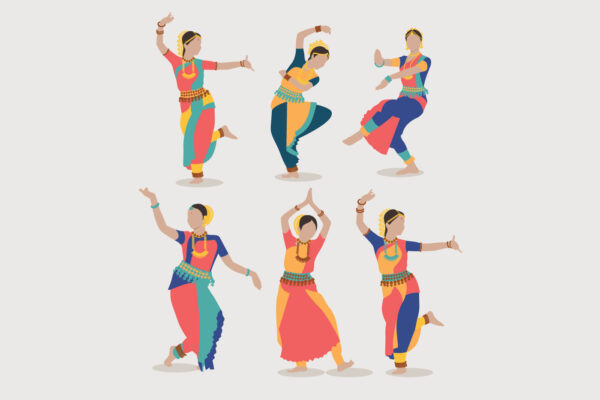by Addiya Verma
Adolescence is a particularly vulnerable time for young adults. During this stage, they experience identity crises, self-discovery, the formation of an ideal self, and comparisons with the real self. Young people experience turbulent emotions and are thus easily influenced by their surroundings.
The Korean wave is one of the most influential factors influencing Gen-Z life all over the world. Hence, it is not surprising to say that K-drama shows have a tight grip on an adolescent’s life.
What makes these K-dramas so addictive is the Korean lifestyle offers vis its plot and visuals. Audiences get a refreshing break from their native daily soaps and dramas, which are lengthy with a lack of plot twists to keep the viewers hooked. Korean dramas not only come in short episodes and creative plots and awaited climaxes of the story; they also cast attractive leads and supporting actors whom the viewers love to watch.


The glamorous lives of these shows’ protagonists entice viewers to helplessly imagine their own lives as one of the leads. These shows present themselves as an escape from the dull and mundane reality. It presents a rosy glimpse of what life could have been had the viewers been in the story themselves. As a result, it is not uncommon for the audience to become engrossed in the story and neglect important tasks. The viewership is even inclined to forego sleep to complete each episode (Fransisca Fortunata and Lusia Savitri Setyo Utami, 2021).
The addiction to these drama series comes without a knock. Once it has its firm grip; getting rid of the negative implications is not easy. Koreans are well-known for their porcelain skin and petite figure, which are well-represented in their shows. The toxic view of body types depicted in these shows, such as having thin arms and legs, a sharp and narrow jaw, and the typical hourglass figure for women, and a broadfame for men with abs, mussels, and long straight hair, is being picked up by youth all over the world.


Gender-specific roles such as the woman being a damsel in distress who can only be saved by her male counterpart, her role being limited to being the ideal woman who is sweet and sensitive, and men being considered strongonly when they pay the bills, fight the bad guys, and lead the family as the sole earnerhave been portrayed with utter normalcy in the viewers’ brains. The impact is multifaceted for teenagers who are still forming their perceptions of the world around them and, especially, of themselves. They foolishly adhere to the Korean lifestyle of being a size 0 figure. Worse, they romanticize the protagonists’ toxic traits and shape their thinking to normalize them. When teenagers fail to meet these unrealistic expectations, their self- esteem suffers, as does their perception of their beauty. Addiction to K-drams has made it difficult for teenagers to see past the toxicity being presented to them on a silver platter. As a result, K-drama series are popularized and accepted for as they are.


Teenagers have also lost touch with their roots when following Korean culture. A study conducted in Indonesia by Indrawan et. al concluded that Korean drama can influence the behavior and grammar of Indonesia’s Generation Z. Approximately 70% of those included in the study report actively replaced Indonesian vocabulary with Korean phrases, 80% of those interviewed preferred Korean dramas over Indonesian dramas, and 90% of those polled believed that Korean dramas impact Generation Z’s behavior and grammar.
It is also impractical to deny that Korean dramas have a positive influence on the younger generation. Series that challenge patriarchal assumptions and tell narratives that are close to reality should be promoted. Many series raise awareness about social issues and the stressful lives that today’s teenagers lead. Along with promoting such healthy K-dramas, efforts should be made to make indigenous television series and dramas more relevant and appealing to adolescents.
For any information you can contact Heart2Mind at contactus@heart2mind.com or +91-8595752152.




Been noticing certain changes for a while, it’s good to read about it that, too so well put.
Thanks Eshneet
You have a natural way with words, really looking forward to read more! Just out of curiosity, has this article been motivated by personal experience with K-dramas or more of what you experienced around you?
Thanks Ritrik. These are more experienced by others around me.